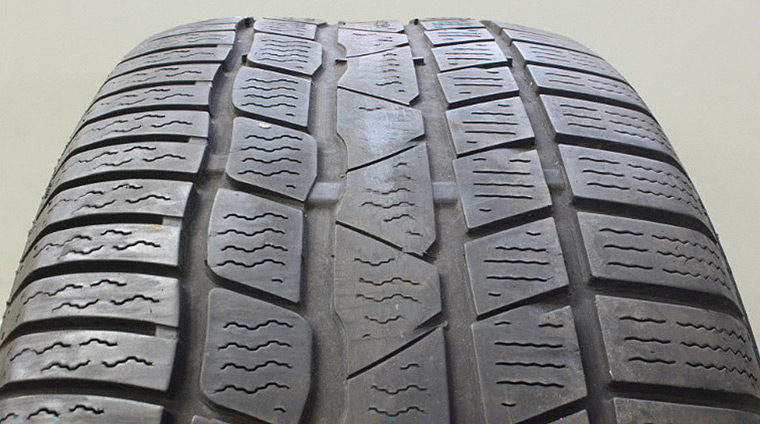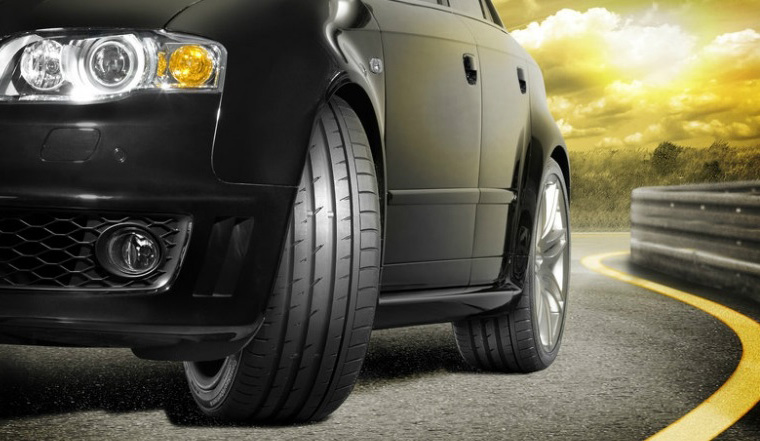Need new tyres? Not sure what to buy? Despite the fact that most people think that all tyres look the same, the reality is really very different. There are many different tyre makes, and there are many factors that can – and indeed should – influence your tyre purchasing decision. Don’t forget, you’re investing in your long-term driver safety, as well as that of your loved ones and other motorists, so due consideration is worthwhile. These factors include:
– how much you drive;
– where you drive;
– how you drive;
– what type of vehicle you have; and
– what you use that vehicle for.
There are different tyres for everything, and tyre experts can advise on all of these considerations and help you make an informed choice.
But before you hand over your hard-earned money, take the time to make one final check: the tyre warranty.
In our latest tyre safety article, we examine the tyre warranty process, and highlight some important considerations for you think about, such as:
– what a warranty typically covers;
– what’s it doesn’t; and
– what to do if you think there’s something wrong with your tyres.
A tyre warranty can also tell you a lot about the brand’s confidence in its own products…

What’s covered, and what’s not with tyre warranties?
Tyre warranties are somewhat complex, for two main reasons:
Normal wear
The required frictional contact and the interaction between the tyre and road surface means that the rubber compounds tyres are made from will wear over time. How quickly this wear happens depends on many variables, the consistency of the rubber compound, the performance priorities of the tyre, how you drive (aggressive driving really speeds up wear) and obviously how many miles you drive.
The point is, wear will occur and is not normally covered by a tyre warranty because most factors that affect it’s rate are outside the tyre manufacturer’s control.
Maintenance and accidental damage
The driver has a key part to play and can influence how well the tyre performs and lasts. If you don’t look after your tyres, they can wear more quickly, have less grip and wear prematurely in key places. If you do not respect them and drive over kerbstones or sleeping policeman carelessly or are unluckily enough to strike an object in the road they can show signs of damage.
Again, the point is, any tyre expert will be able to spot this kind of premature wear or damage and – because it’s caused by a lack of maintenance (or bad luck) – it’s also not going to be covered by the warranty. You wouldn’t expect it to be.
So, again, back to the question: what’s covered with a tyre warranty? It’s quite straightforward. If, once you’ve had new tyres fitted, you believe there’s something not right – for instance, if the handling feels off, or the tyres seem excessively noisy, or you see something that you think is wrong – then it’s time to act.

What to do if you believe your tyres are faulty
Today’s modern tyre production process is very high-tech, with premium tyre brands – like Continental – not only having extremely stringent quality control processes in place but also studiously thorough testing regimens for all new tyre models too, prior to them going on sale. Manufacture defects are therefore (certainly among the premium brands) incredibly rare.
That said, it’s not impossible, and as such it’s important for you to know you have rights and that there are established processes – laid down by the British Tyre Manufacturers Association (BTMA) – to protect you. The standard complaint process can be found along with the standard complaint form for the return of complaint tyres (SAF) which can downloaded directly from the BTMA’s website.
Here are the steps you should follow:
1. Make sure the problem isn’t to do with normal wear, accidental damage (your insurer may be able to help here) or poor maintenance on your part. If you’re satisfied it’s nothing to do with these things…
2. …don’t delay. The sooner you report a problem, the better. That’s because – over the course of time – it becomes increasingly difficult to judge whether a problem is due to a fault or to normal wear.
3. Go back to where you bought your tyres (this also applies if you bought your tyres online – your rights are identical). The tyre retailer has a legal obligation to handle your complaint and to deal with you fairly.
After an inspection and discussion with the retailer it may be that they will wish to return the tyre in question to the manufacturer for a full technical examination before reaching a decision, or you may wish to request this if you do not agree with their conclusion. There is no cost to you for this and the retailer does not have to be a direct customer of the tyre manufacturer because all wholesalers have processes in order to return their customers tyres to the manufacturer so there is no reason that the retailer you purchased the tyre from cannot offer this service.
4. Following the technical examination of your tyre there could be any one of a range of outcomes – from a full refund/replacement tyre to partial compensation, or to rejection of the claim. If this happens, the retailer is obliged to explain the reasons to you. In some cases, if the tyre is sent back to the manufacturer for further examination then you should receive an explanation from them. For example in the case of a Continental tyre that has been returned for examination, you will receive a full written explanation with photographs of your tyre explaining the reasons for the condition for which the tyre was returned, if rejected, so you are fully informed.
5. If your car is new and you suspect the tyres are faulty, go back to your vehicle dealer. Tyres are not normally covered by vehicle warranties, but your dealer still has a responsibility to advise you on the next course of action and they also have the ability to return the tyre to the manufacturer, either through their tyre supplier or direct as in the above instance.
Ask an expert – talk to Asda Tyres
It makes sense to ask an expert for impartial advice on what the best tyres are for you, as well as to answer any questions you may have about tyre safety and maintenance, or to help if you suspect your tyres are faulty. Click here to live chat to one of our experts, or find your nearest fitting station.
